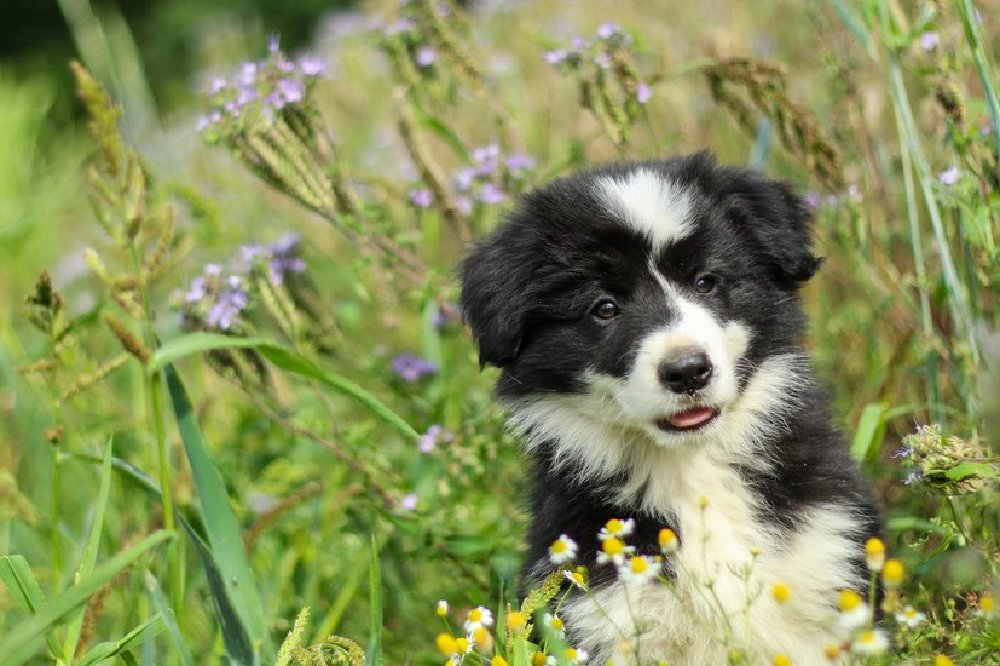Pets are an important part of many families, bringing much joy and unconditional love. If you are thinking about getting a new pet, with it comes responsibilities - and one of the things you will need to think about is pet proofing your home to make it a safe and secure environment. When you get a new pet all dangers need to be eliminated and all precious surfaces and treasured belongings protected or stowed away. Trailing cables should be tided and concealed and cupboards should be locked. Your pet won't be able to distinguish between your best pair of shoes or gorgeous cushions from its toys, so it's up to you to protect both pet and possessions from each other.

First steps to take before getting a pet
- Pets, especially puppies and kittens, don't have the same sense of height or depth as us. Make sure that areas that have high ledges, tables or even high storey windows aren't easily accessible to your furry friend. Baby gates are also helpful for when trying to keep pets out of certain areas.
- Keep any open flames, for example candles, out of reach from inquisitive pets that want to explore - a flickering flame is a tempting target. If you have a fire also make sure that you buy a fire guard. The last thing you want is for pet to burn themselves or knock over a candle and cause a fire. If you do decide to light a candle or a fire, ensure there is a responsible adult in the room with your furry friend at all times.
- It's best to keep items such as laundry and shoes stored behind closed doors. They might not seem hazardous but buttons or shoes laces can cause problems if swallowed and detergents can cause irritation to fur and can be highly dangerous if ingested. In addition to this, place any medication or cosmetics on higher shelves.
- Get yourself on your pet's level and do a daily sweep under your sofas and chairs for anything that may have spilled or been left behind. Remember that anywhere that your pet can squeeze under is a potential place for pets to find something they shouldn't!
- Be aware of the types of food that are actually lethal to the animals. For example, grapes and raisins may cause kidney failure and chocolate (especially dark chocolate) can cause abnormal heartbeats, kidney failure and even death. Some other toxic foods include onions, dairy products, garlic, avocados, coffee/tea and macadamia nuts.
- Some plants are toxic to animals so make sure to replace them. The most commonly known toxic plants include azalea, calla Lily, bluebells, cyclamen, and even some daffodil bulbs.
- Educate yourself as to which areas of your home are warmer than others; the main areas tend to be porches and conservatory rooms which have 24/7 access to sunlight. Ensure your pets aren't left isolated in these rooms, and it is highly advised to leave cool mats in hotspots during the summer. You could also put a cool mat under your pet's bed to avoid excessive dehydration.
- Dogs love to chew and cats love to scratch, there is nothing you can do (believe me) to put a stop to this behaviour, however, do consider deterrents. It is wise to provide your dog with a safe chew toy to keep them away from valuables. Rope is additionally your best friend if you're considering keeping a cat. Wrapping sisal rope around table legs for example should attract your cat away from other decorative items, once worn out just uncoil the rope and replace!
- Pets will tend to follow you everywhere so make sure to look out for little paws, noses or tails sticking out when closing the door behind you or scooting chairs. In addition to this, always ensure there aren't loose floorboards, nails or open wires that they may become tangled in or chew.
- If you are out of the house and unable to keep an eye on your pets, you can find a trusted loving pet sitter with a pet proofed home on Pawshake.
Tagged in Pets

